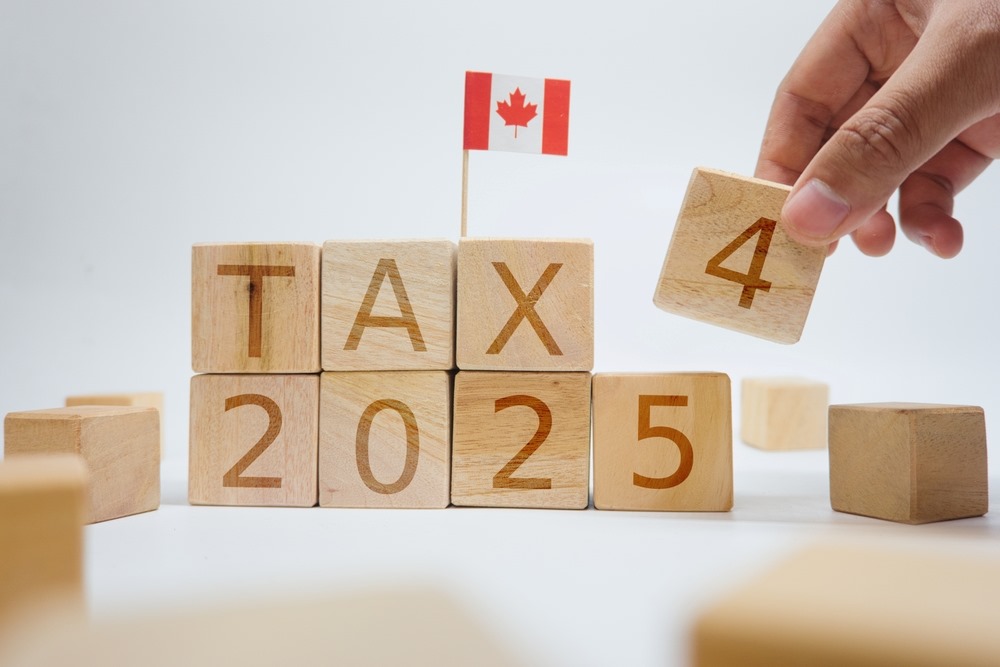How to Choose the Right Canadian Tax Consultant for Your Business

For any business operating in Canada, navigating the intricate world of taxation can be a daunting task. From corporate income tax to GST/HST, payroll remittances, and provincial levies, the rules are constantly evolving. While some small business owners might attempt to manage their taxes independently, the complexities often necessitate the expertise of a professional. Choosing […]
